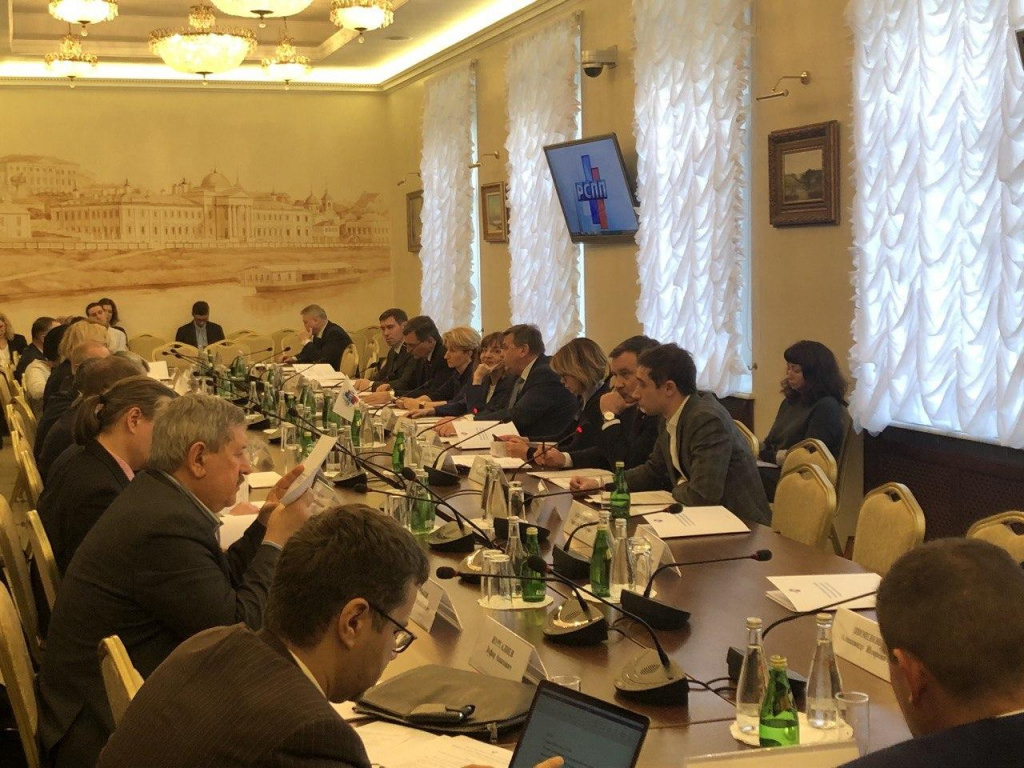The Committee on Labor and Social Partnership of the Russian Union of Industrialists and Entrepreneurs met on March 5 for the first time in this year.
Among the main topics of the agenda were the issues concerning the legal regulation of flexible and non-standard forms of employment.

Event participants noted that traditionally labour legislation is based on the concept of unlimited and full employment based on a labour contract conducted for an indefinite period. With such a contract, the employee is constantly present in his stationary workplace equipped according to the requirements of labour protection. In other words, these are the standard labour relations aimed to protect the rights of workers while being beneficial for employers interested in a stable workforce at their enterprises, retaining specialists, and in performing necessary managerial functions.
However, in recent decades in various countries, there has been a transition from standard to non-standard forms of employment. Non-standard forms of employment is a collective term that includes forms of employment that differ from the standard by at least one of several criteria. These criteria include temporary (fixed-term) employment (fixed-term employment contract), part-time work (Articles 92, 93 of the Labor Code of the Russian Federation), temporary provision of workers and other multilateral labour relations, as well as self-employment.
Research and surveys conducted by companies all around the world show an increase in young and creative workers’ interest in employers, who are more flexible in organizing the work process. A desire for a healthy lifestyle, to strike a balance between personal life and work, a willingness to take responsibility and autonomous, independent work lead to the need in new approaches to attract millennials.
In Russia, the use of non-standard forms of employment is also becoming a common practice. However, the legislation does not always keep pace with the market, so many issues remain not entirely settled, including the problem of balance between the flexibility of labour relations and ensuring the legitimate rights and interests of the employee.
In his speech, Andrei Ryzhkov, head of the OPEN Group corporate brand development department and a member of the Committee, noted the relevance of “Flexible Employment Forms: Effective Practices and Risks” workshop held on February 6, 2020. He also outlined the importance of improving existing legal norms regarding relations between workers and employers under the use of non-standard forms of employment, while ensuring transparency in the application of existing ones.
These norms include, among other aspects, the regulation of remote and home-based work, the temporary provision of work for employees, and the introduction of the electronic document management of staff.
The joint discussion held by the Committee members, the head of Rostrud Michael Ivankov, representatives of the ILO, the Ministry of Labor of Russia and the Russian Pension Fund led to the decision to prepare specific proposals for adjustments to labour legislation for submission to the Ministry of Labour of Russia.
The participants discussed the implementation of the Action Plan (“roadmap”) for the “regulatory guillotine” in the field of labour relations and labour protection. They also made a note of the first results of employers’ reports to the Russian Pension Fund o after implementing the procedure for the formation and maintenance of information on labour activities of employees in electronic form.